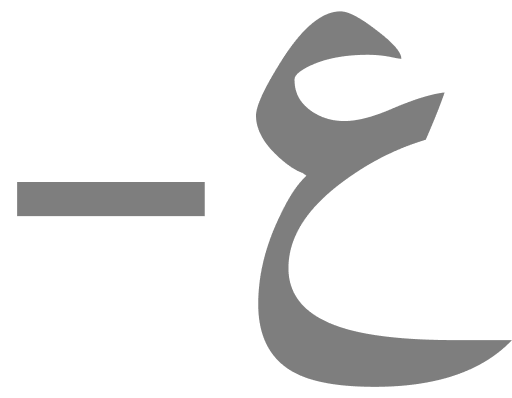Rapid regional approaches


The process of measuring today with yesterday is an unfair error, because the data are different. In 1993, the Palestinians had one leader named Yasser Arafat, who led both the Palestine Liberation Organization and the Palestinian Authority that emerged from it, and he was the one who fought for decades for the organization to be the legitimate and “sole” representative of the Palestinian people despite all the caveats that turned into current realities. On the other hand, in the same year, Yitzhak Rabin was Prime Minister of Israel in a solid government coalition that believed in peace, which reflected the general mood of the Israelis to move towards peace. The opponents at that time from the Israeli right were actually a minority on the ground.
Washington was also ecstatic about its victories, starting with the Cold War in which the socialist camp led by the Soviet Union fell, and the Gulf War, at the end of which it imposed whatever conditions it wanted on Iraq, which was defeated in the war to liberate Kuwait, with international support that was rallying around Washington. Today, after all these decades, with all their accumulations, turns, turns, changes, the absence of those who were absent, and the presence of those who attended… the data has become completely different! The Palestinians today are effectively without a unified “leadership.” The national authority is exhausted and its authority barely exceeds the perimeter of its security posts. The leadership has been fragmented and fragmented between the factions that disputed over what remains. The occupation has reproduced itself militarily, and Gaza has set the region on fire. In Israel, today's data speak of an Israeli public mood that was changed by long accumulations, so it turned towards the extreme right and elected it in the form of Benjamin Netanyahu's government, and the opposition that believes in peace today is much less than the right-wing it was in 1993. Washington is preoccupied to the point of anxiety on multiple fronts in front of Global forces are more ferocious and intelligent, which makes one imagine that the United States has mercy on the days of the Cold War, and internationalism was affected by all those global changes that also affected the region, which found itself forced to calculate the vital interests of each country.
Accordingly, the completely new data, which we live today, hour by hour and minute by minute, in the face of a visual cognitive technology revolution that documents the moment, and in which information jumps over traditional blocking barriers, requires new, appropriate and different tools for dealing with it. Regionally, the awareness was early, long before the events of October 7, since the two global crises: the pandemic and then the Ukraine war. There was an early reading of the changes in the world and the system of international relations, so the solution was the concept of regional integration. Today, the same concept is at risk after the events in Gaza and the accompanying escalation that expands and affects the entire world.
The concept of regional integration is still viable and is presented as a real solution, but it requires regional determinants that must be based on new understandings that balance the interests of states and regional interests as parallel lines that should not collide with each other. They say there is an escalation that could lead to war! But who said there is no war now? Isn't there war, but with new tools different from the tools and forms of previous wars?
*A Jordanian writer residing in Belgium
#Rapid #regional #approaches